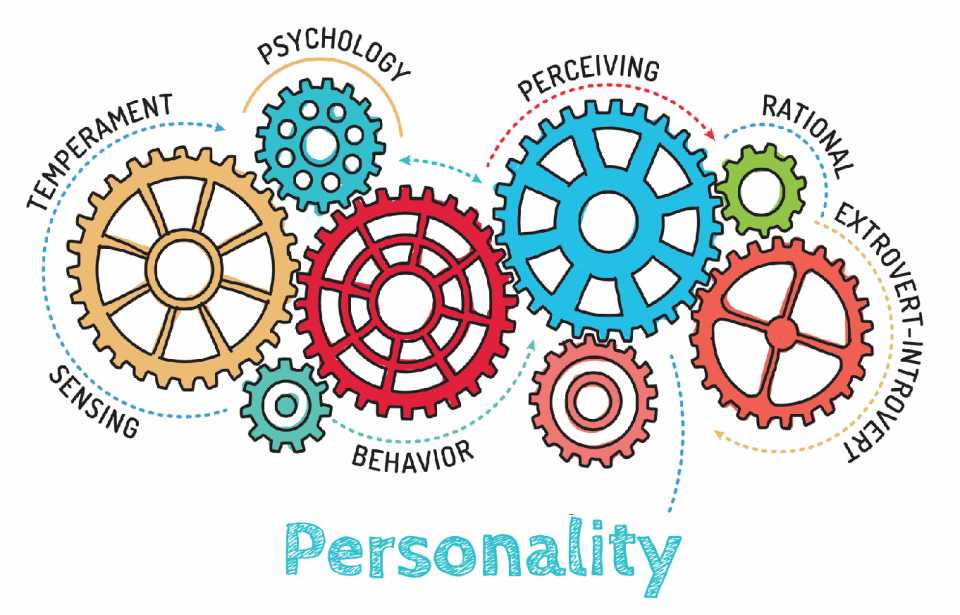
<!DOCTYPE html PUBLIC "-//W3C//DTD HTML 4.0 Transitional//EN" "http://www.w3.org/TR/REC-html40/loose.dtd“>
By Deborah W. Dobbs | Contributor
How Personality Types Influence Parenting
How do our personality types shape our relationships with our children? We don’t need to explore all 16 Myers-Briggs personality types or complete a DISC assessment to investigate this. Instead, we can focus on introversion and extroversion and their notable effects on parenting approaches.
These characteristics of personality extend beyond mere social interaction preferences.
Long-term studies have shown that introverts and extroverts experience new stimuli and rewards in distinct ways.
A wealth of intriguing insights about these variations can be found in Susan Cain’s book, Quiet: The Power of Introverts in a World That Can’t Stop Talking.
Challenges in Parenting Across Personality Types
Parenting is full of obstacles, and these hurdles can become more pronounced when parents and their children possess differing personality types. As an introvert, I’ve witnessed my daughter’s unabashed extroversion since she was a toddler. If she spotted a party happening at McDonald’s, she’d eagerly join in. One year at the State Fair, she followed an enthusiastic announcement and suddenly competed in a Pee Wee Rodeo, ending up with a first-place trophy. She frequently attended parents’ nights out solo and embraced a week-long camp in another state, relishing the experience despite not knowing anyone. Her ability to dive into the unknown leaves me in awe; I see incredible courage in her actions, while for her, jumping into adventures feels instinctive.
Understanding Unique Strengths
Every personality has its distinct advantages. Redtri.com, founded by Leah R. Singer, offers valuable advice for parenting younger children while taking personality types into account. For example, it’s crucial to recognize that introverts may find bustling environments overwhelming. To mitigate this stress, arriving early to gatherings, such as birthday parties or meet-the-teacher events, can be beneficial. Your introverted child isn’t “awkward” or shy; rather, they are assessment-oriented, evaluating their surroundings before engaging. (Introverts tend to take fewer risks, opting for a thoughtful approach.)
For effective learning, it’s important for an introverted parent to recognize that their extroverted child may struggle with homework if required to work in complete silence.
What distracts an introvert could actually enhance learning for an extrovert. Consider allowing some background music or a more dynamic study environment.
The Impact of Personality on Quality Time
Personality types also influence how quality time is spent. To bond with your teen, it’s essential to engage in their world rather than drawing them into yours. Depending on your personality type, you may find your teen’s world either dull, overwhelming, or perfectly enjoyable. In Gary Chapman’s book, The Five Love Languages of Teenagers, he emphasizes that quality time revolves around togetherness. Be mindful of your teen’s inclinations toward introversion or extroversion when suggesting activities for shared moments. You might enjoy a Mavericks game, but if your introverted son finds it draining, it could hinder bonding. Conversely, the fishing trips you love might seem tedious to an extroverted child. Whether you share quiet moments or lively events, the focus should be on nurturing a sense of togetherness through actions such as maintaining eye contact and physical touch (hugs, pats on the back, or playful nudges).
Togetherness also means getting to know your teen better. Utilize open-ended questions, which can’t be answered with a yes or no. For instance, ask questions like, “What does a typical day at school look like for you?” or “If you could travel anywhere in the world, where would it be?” One shared trait among both introverted and extroverted children and teens is the tremendous benefit they receive from feeling cherished.
Editor’s Note
Deborah W. Dobbs is the Executive Director of The Counseling Place, a nonprofit organization dedicated to offering affordable professional counseling and educational services. Contact her at 469.283.0242 or visit counselingplace.org.






